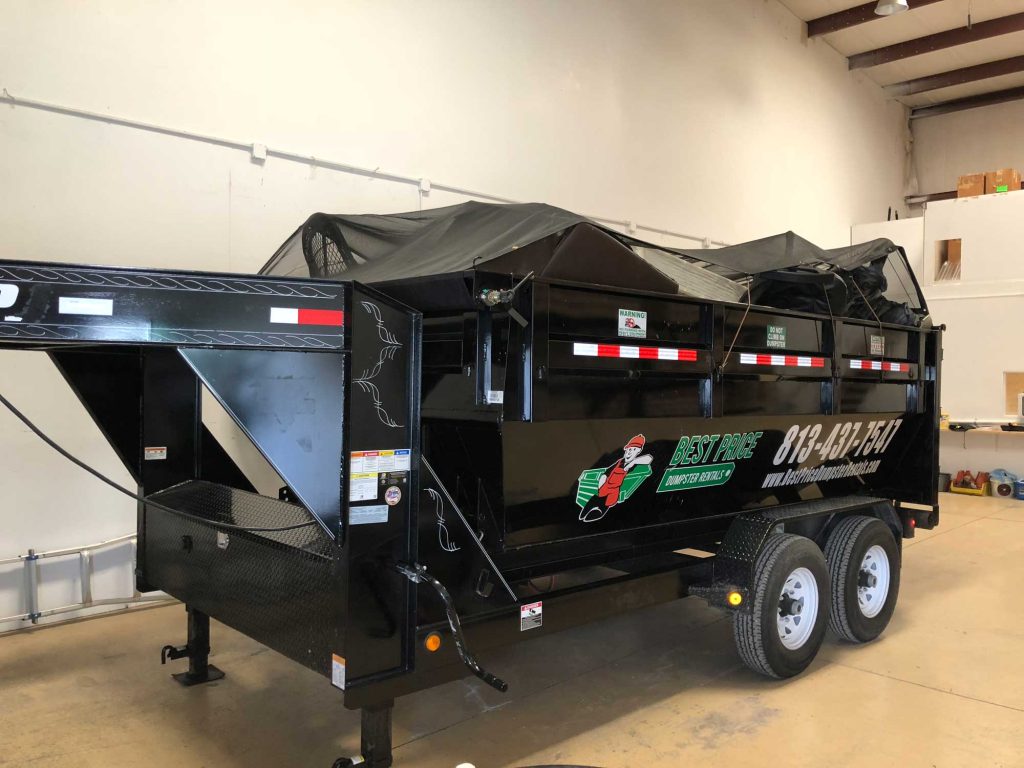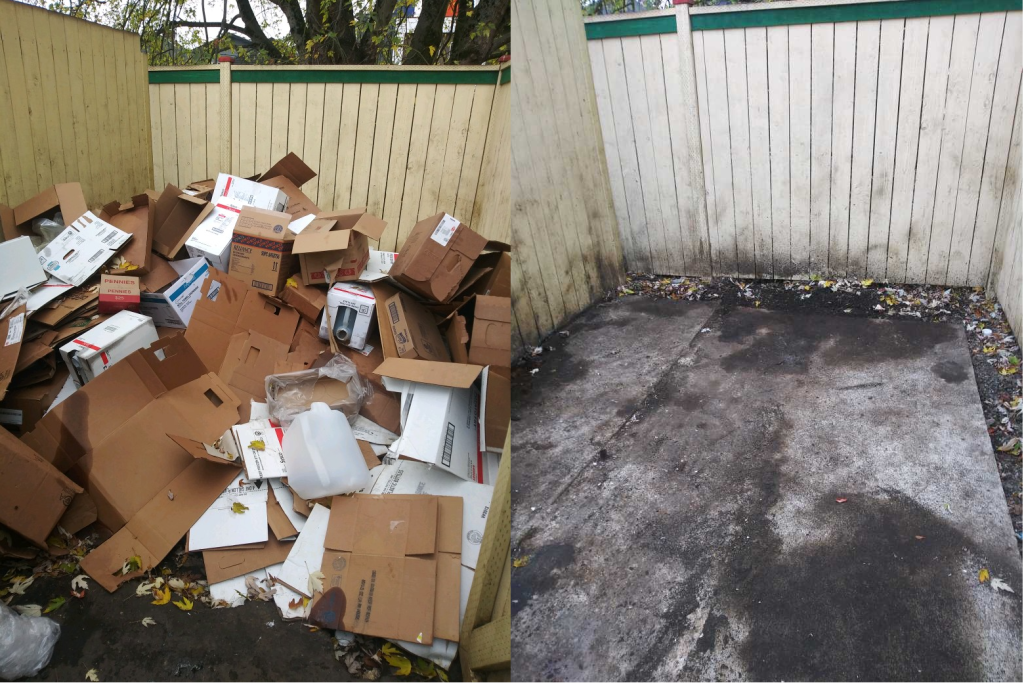Freight Logistics in the Age of Disruption – Strategies for Survival and Success
In the age of disruption, the freight logistics industry is facing unprecedented challenges that require innovative strategies for survival and success. Rapid technological advancements, changing customer expectations and global uncertainties have created a highly volatile and competitive environment. To navigate these complexities, freight logistics companies must embrace strategic approaches that foster resilience, agility and customer-centricity. One key strategy for survival and success in the age of disruption is leveraging technology to streamline operations and enhance efficiency. Automation, artificial intelligence and the Internet of Things (IoT) are revolutionizing the logistics landscape, enabling real-time tracking, predictive analytics and optimization of routes and resources. By adopting these technologies, companies can gain a competitive edge by improving visibility, reducing costs and delivering superior service to customers. Furthermore, embracing digital platforms and online marketplaces can enable seamless collaboration and integration across the supply chain, unlocking new business opportunities and increasing operational flexibility.
Another crucial aspect of survival and success in the face of disruption is the ability to adapt and innovate. Companies must foster a culture of continuous improvement and encourage employees to embrace change. This may involve exploring new business models, such as asset-light operations or shared logistics platforms, to optimize resource utilization and reduce fixed costs. Additionally, actively monitoring market trends, customer preferences and emerging technologies can help identify new growth opportunities and enable proactive responses to market disruptions. Flexibility and adaptability are key traits that can help companies navigate uncertainties and seize opportunities for growth. Customer-centricity is also vital in the age of disruption. As customer expectations evolve, companies must focus on delivering personalized and seamless experiences. This entails understanding and anticipating customer needs, offering customized solutions and providing transparency and real-time communication throughout the shipping process. Investing in customer relationship management (CRM) systems and leveraging data analytics can provide valuable insights for enhancing customer satisfaction and loyalty. Moreover, companies should prioritize sustainability and environmental responsibility, as customers increasingly value eco-friendly practices and demand greener logistics solutions.
Collaboration and partnerships are essential strategies for survival and success in the age of disruption. In a highly interconnected world, no single company can tackle all challenges alone. Collaborating with suppliers, customers and even competitors can foster knowledge sharing, innovation and operational synergies. Strategic partnerships can also facilitate access to new markets, light delivery vehicle technologies and expertise. By building strong networks and ecosystems, freight logistics companies can create value and adapt to changing market dynamics more effectively. In conclusion, the freight logistics industry must embrace strategic approaches to survive and thrive in the age of disruption. Leveraging technology, fostering adaptability and innovation, prioritizing customer-centricity and forging collaborative partnerships are all critical strategies for success. By embracing these strategies, companies can not only navigate the challenges posed by disruption but also unlock new opportunities for growth and differentiation in an increasingly competitive and uncertain business landscape.




